In 1997, Iranians elected their first reformist president, Mohammad Khatami. But, although it was a time of hope, the Khatami era was marked by numerous violations of citizen’s rights.
This video series on citizens’ rights in Iran explores through interviews with experts and witnesses the ways in which Iran has protected or breached those rights since it signed the International Covenant on Civil and Political Rights in 1968.
This episode looks at efforts President Khatami (1997-2005) and the reformist-dominated Sixth Parliament (2000-2004) made to guarantee citizens’ rights in the face of opposition from Iran’s Guardian Council and security forces’ attacks on Iranian civil society.
.embed-container { position: relative; padding-bottom: 56.25%; height: 0; overflow: hidden; max-width: 100%; } .embed-container iframe, .embed-container object, .embed-container embed { position: absolute; top: 0; left: 0; width: 100%; height: 100%; }
Ali Afshari, a former leader of the pro-Khatami Office for Strengthening Unity and former political prisoner, talks about how student and reform movements overestimated the powers of Iran’s elected bodies, and of Khatami himself. They had hoped Khatami could neutralize Supreme Leader Ali Khamenei’s conservative vision of society through popular support for reform, and had mistakenly believed that Khamenei would compromise with reformists’ demands. Afshari says Khamenei instead used his influence on the conservative Fifth Parliament to interfere in the political process. He also discusses the violent fundamentalist movement Ansar Hezbollah, the extra-judicial murders of dissidents at the hands of intelligence officials, and reformists’ failure to amend Iran’s censorious Press Law.
.embed-container { position: relative; padding-bottom: 56.25%; height: 0; overflow: hidden; max-width: 100%; } .embed-container iframe, .embed-container object, .embed-container embed { position: absolute; top: 0; left: 0; width: 100%; height: 100%; }
Ali-Akbar Mousavi Khoeini, a reformist in the Sixth Parliament and former political prisoner, talks about paradoxes in the Iranian Constitution regarding the power and responsibilities of the president. While presidents are responsible for upholding the constitution, he says, they don’t have the executive powers they need for such a duty, and can only issue constitutional cautions. Khatami relied on a committee of human rights experts to issue private and public cautions to government institutions. He also ordered limited changes of attitude and procedure in various ministries to encourage better protection of citizens’ rights. Mousavi Khoeini says the Khatami administration struggled to prioritize its demands and organize its supporters.
.embed-container { position: relative; padding-bottom: 56.25%; height: 0; overflow: hidden; max-width: 100%; } .embed-container iframe, .embed-container object, .embed-container embed { position: absolute; top: 0; left: 0; width: 100%; height: 100%; }
Omid Memarian, a journalist and former political prisoner, talks about being illegally detained by Iran’s security forces, who tortured him and forced him to make a false public confession based on a conspiracy theory. He also recounts the power struggle between hardliners and reformists, and his subsequent decision to leave Iran.
.embed-container { position: relative; padding-bottom: 56.25%; height: 0; overflow: hidden; max-width: 100%; } .embed-container iframe, .embed-container object, .embed-container embed { position: absolute; top: 0; left: 0; width: 100%; height: 100%; }



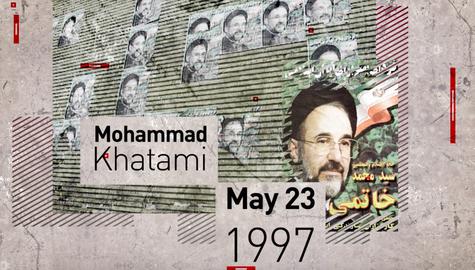
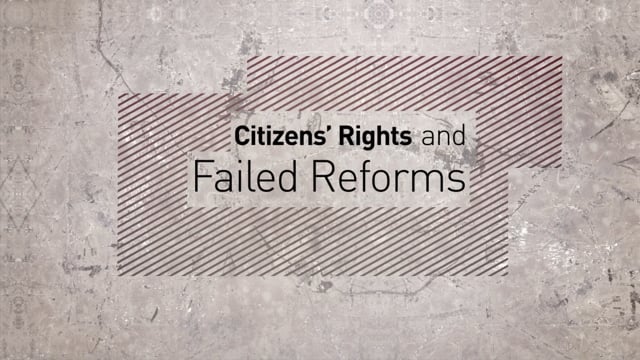
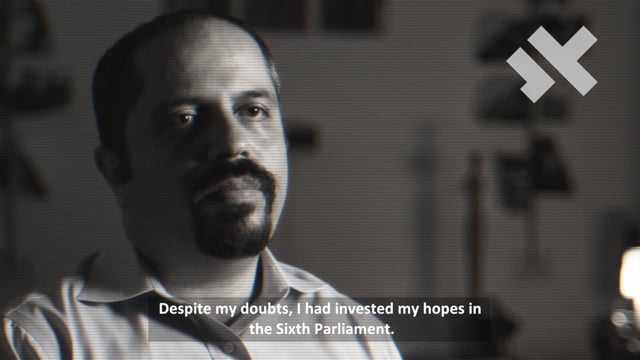
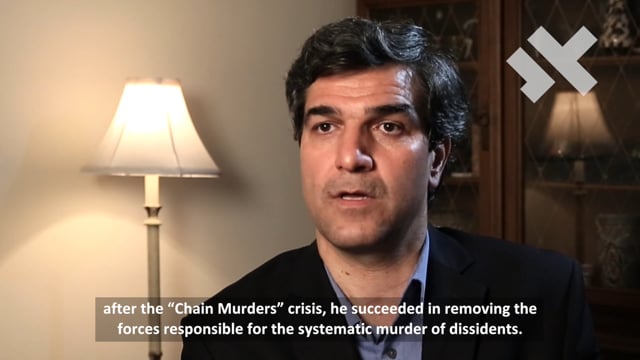
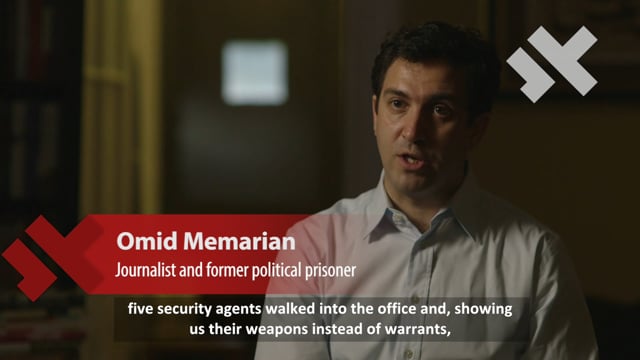
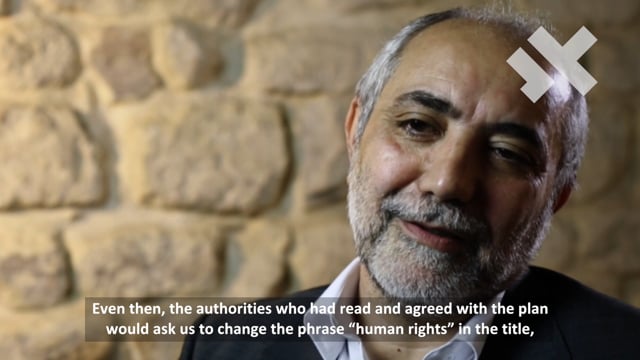
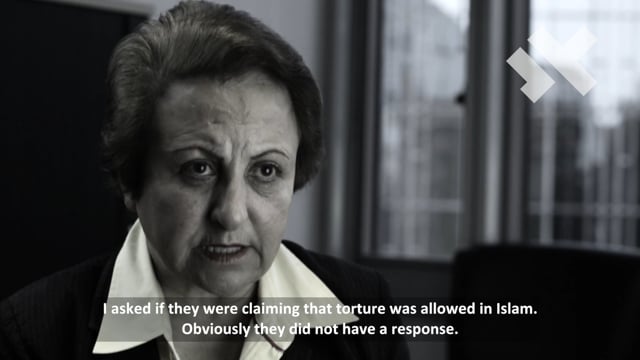
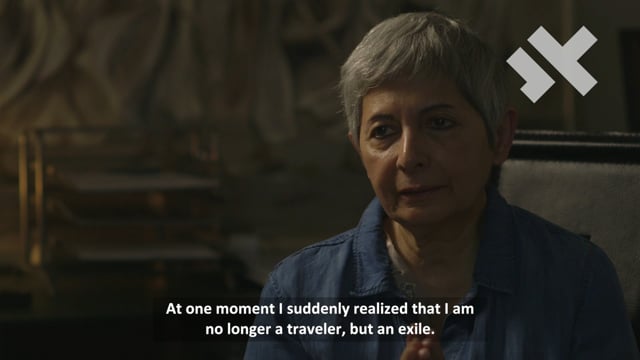




















comments